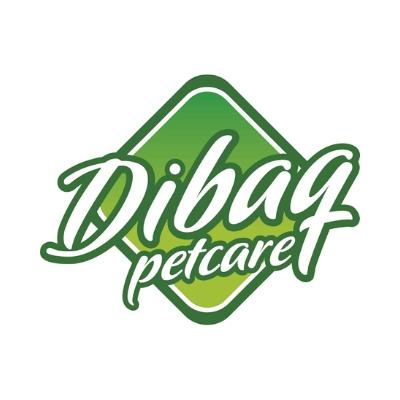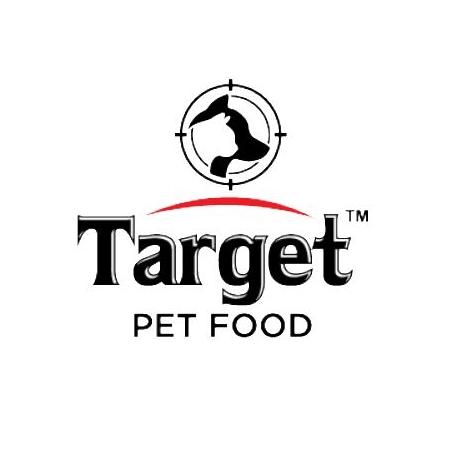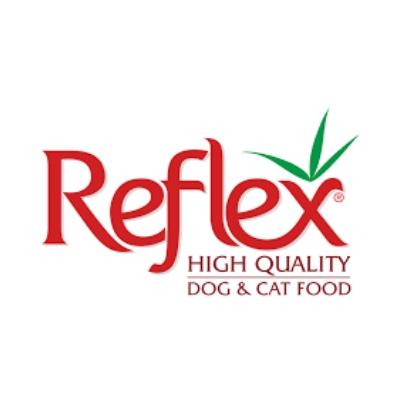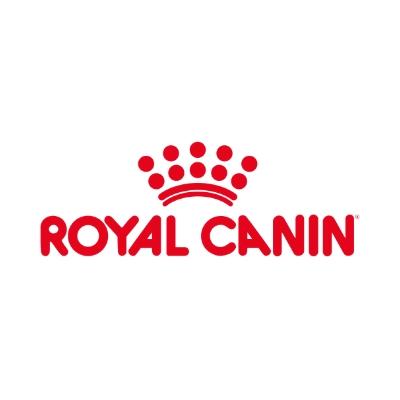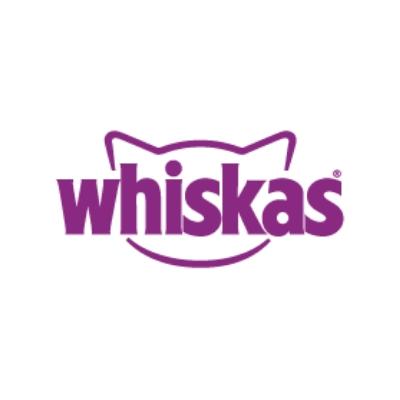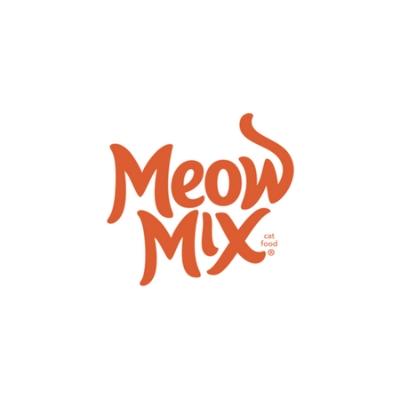Cat Anaphylactic Shock
Introduction
Anaphylactic shock is the serious and generalized state of shock brought about by an extremely exaggerated allergic reaction to a foreign protein or some other foreign substance, such as a drug, insect saliva or other toxin. In people, we most frequently think of anaphlylaxis as being caused by bee stings.
How Anaphylactic Shock Affects Cats
Anaphylactic shock begins within minutes of exposure to the causative allergen, and the symptoms progress rapidly. The release of immune-regulating compounds causes blood vessels to swell, which in turn causes the cat's blood pressure to drop with corresponding damage to other tissues and organs. As a result of these reactions, anaphylactic cats will become excited or restless and will develop severe itchiness around the face and head, facial swelling, weakness, difficulty breathing, elevated heart rate, pale gums, vomiting, profuse salivation, difficulty walking, seizures and collapse.
Causes & Prevention
Causes of Anaphylactic Shock in Cats
There are innumerable causes of anaphylactic shock in cats. Virtually any agent can cause anaphylaxis, depending upon whether the cat is allergic to it or not. Vaccines are commonly reported to cause allergic reactions. While most vaccination reactions are mild and only cause a slight fever or lethargy, some cats have abnormally strong and sudden reactions to vaccines. Other common allergens in cats are prescription medications, topical flea and tick treatments, saliva from insect stings, venomous bites, oral or topical antibiotic products, local or general anesthetics, drugs prepared from animal products (insulin, adrenocorticotropic hormone, enzymes), diagnostic agents (such as iodinated x-ray contrast media), mold, pollen and various ingredients in food.
Preventing Anaphylactic Shock
The only way to prevent an anaphylactic reaction is to identify and eliminate exposure to the inciting allergen.
Special Notes
Once a cat experiences anaphylactic shock from exposure to a particular allergen, that allergen usually will continue to cause severe allergic reactions upon re-exposure. It is extremely important to get immediate veterinary care for a cat having an anaphylactic reaction.
Symptoms & Signs
The term "anaphylactic shock" makes most people think of an allergic reaction that causes throat and bronchial constriction. Cats, like humans, tend to develop these severe respiratory signs from anaphylactic shock, which is uncommon in cats but is every bit as much of an emergency as it is in people. Cats can experience anaphylactic shock from exposure to a number of allergens, including medications, vaccines, insect saliva, venom or ingredients in food.
Symptoms of Anaphylactic Shock in Cats
There is no breed or gender predisposition for development of anaphylaxis in cats. Most affected cats are between 6 and 24 months of age. Anaphylactic reactions in cats tend to affect the respiratory and gastrointestinal tracts. Signs develop almost immediately (usually within minutes) after exposure to the causative allergen. The first signs of anaphylactic shock in cats are usually restlessness or excitement. These quickly progress to extreme itchiness around the face or elsewhere where the allergen entered the body (such as the where the cat was stung or a vaccination was given), facial swelling, weakness, shallow rapid breathing, elevated heart rate, pale gums, profuse salivation and vomiting. As the cat's body temperature drops, its limbs will become noticeably cold to the touch. Left untreated, these symptoms will progress to changes in mental clarity, difficulty walking, seizures, coma, and ultimately death.
Anaphylactic shock typically can be effectively treated with epinephrine injections and additional support, but these treatments must be given within a matter of minutes once the symptoms begin. It is a good idea to have your veterinary clinic and nearby emergency clinic mapped out to prepare yourself, and your cat, for any type of emergency, including anaphylactic shock.
Treatment Options
Anaphylactic shock in cats is a true medical emergency that must be treated immediately to prevent death. Affected cats exhibit excitement or restlessness, vomiting, severe itchiness around the head and neck, difficulty breathing and walking, changes in mental clarity, seizures, coma and collapse. This condition cannot be treated by owners at home – intensive veterinary attention and hospitalization are absolutely necessary. At the hospital, cats will undergo a number of emergency treatments in an attempt to reverse the reaction, treat the signs of shock and stabilize the patient.
Treating Anaphylactic Shock in Cats
The critical goal for treating anaphylactic shock in cats is emergency respiratory, cardiovascular and life support. This is accomplished by removing the causative allergen if possible and taking steps to prevent further release of inflammatory mediators. It is critical that treatment for anaphylaxis begins before any diagnostic testing. Rapid and effective treatment is the main, and perhaps the only, determinant of survival.
The first step in treatment is to place an intravenous catheter and aggressively administer fluids at shock dosages to counteract the low blood pressure caused by severe circulatory failure. Intravenous administration of epinephrine is equally important to help increase heart rate and suppress the exaggerated immune system response by blocking further release of those compounds responsible for perpetuating the anaphylactic reaction (so-called inflammatory mediators). Other medications may be used by veterinarians to treat anaphylactic shock as well. The veterinary team will take steps to establish an open airway in cats with difficulty breathing or other signs of severe respiratory distress, which are common. Several methods are available, including placing a breathing tube through the mouth and down the cat's throat (endotracheal intubation) or by making a surgical incision through the neck, directly into the trachea (tracheostomy). Oxygen therapy can be administered if necessary. Broad spectrum antibiotics are often given in an attempt to prevent the secondary bacterial infections which commonly accompany anaphylactic episodes.
Frequent in-hospital monitoring of the cat should be continued for at least 24 to 48 hours after the allergic reaction has resolved. This includes monitoring of heart and respiratory rate, respiratory effort, pulse rate and quality, blood pressure, mucous membrane color, mental clarity and body temperature. Blood samples may be taken to assess liver function and the functional condition of other organs. The large volume of fluids given to combat shock can cause water retention; in many cases, a recovering cat will not be released from the clinic until he or she can urinate normally and the other effects of fluid retention have resolved.











